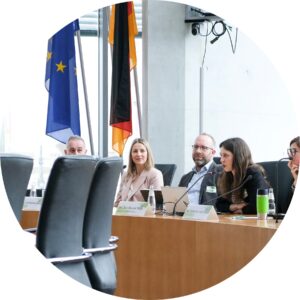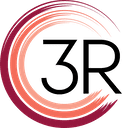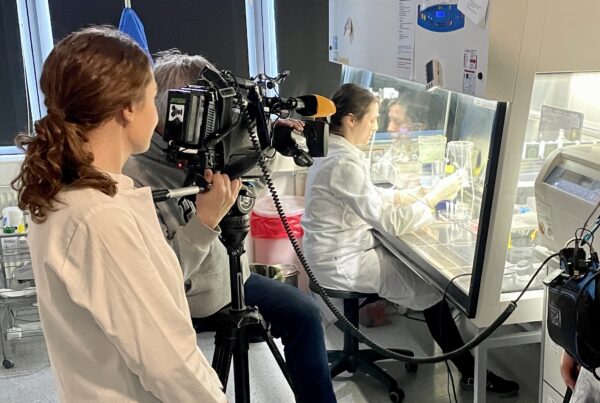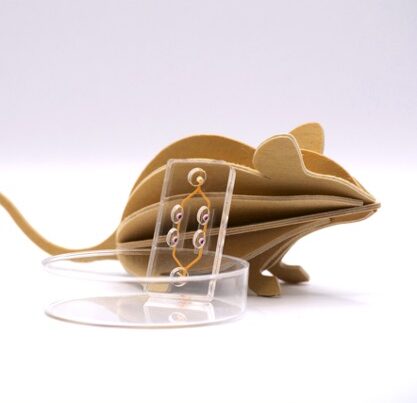Under the banner “Zukunft ohne Tierversuche – Utopie oder Realität?“ (“Future without Animal Testing – Utopia or Reality?“) the parliamentary faction Bündnis 90/Die Grünen convened a hybrid expert dialogue in the German Bundestag on March 22, 2024. Esteemed professionals from politics, regulatory bodies, industry, non-governmental organizations, and academia graced the event, including Peter Loskill, Director of the 3R-Center Tübingen.
Themes explored in the Expert Dialogue: Reduction Strategies and Alternatives to Animal Testing
The forum delved into pressing issues such as the viability of implementing reduction strategies, avenues for minimizing animal experimentation, strategies to alleviate the suffering of test animals, and the potential opportunities and obstacles surrounding alternative methods to animal testing.

A Plea to Stakeholders: Amplifying Support for Alternative Methods
A leading authority in Microphysiological Systems, Organ-on-Chip, and Organoid models, Peter Loskill stressed the imperative for Germany to shift away from debates surrounding the prohibition or “criminalization” of animal testing. Instead, he underscored the necessity of establishing conducive environments for fostering the development and widespread accessibility of novel in vitro models as human-centric substitutes and complements to animal testing. Failure to invest adequately risks relegating the German research landscape to a position of lag behind its European and international counterparts, who have already made substantial investments in these cutting-edge technologies.
Peter Loskill’s Concluding Remarks
At the heart of any effective reduction strategy lies the unwavering commitment to fostering the development, validation, and implementation of novel replacement and complementary methodologies through targeted, sustained funding initiatives. Oversimplifying the principles of 3R (Replacement, Reduction, and Refinement) in animal testing proves counterproductive. Rather, it’s essential to approach the refinement of unavoidable animal experiments and the introduction of alternative methods as distinct endeavors. In the domain of Replacement & Reduction, facilitating avenues for specialized competence holders in alternative methods to offer consultative support to researchers and animal welfare advocates at all stages of protocol development and scrutiny is paramount.







